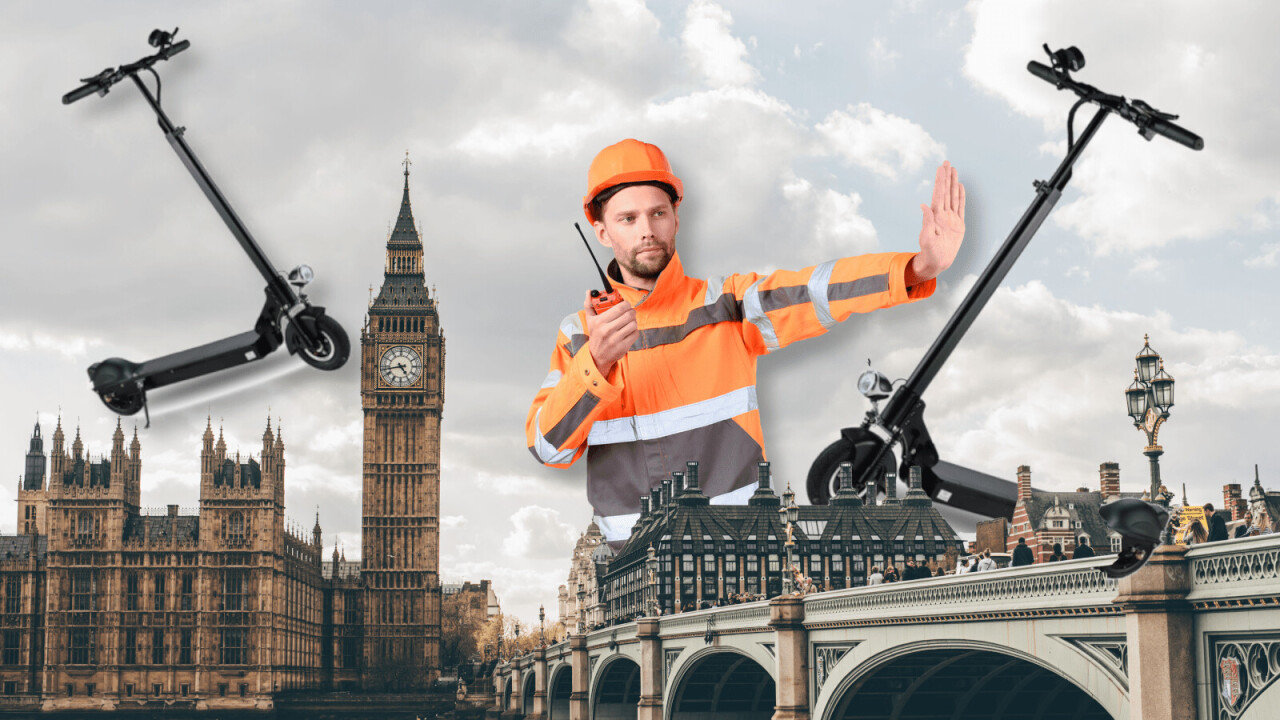
Despite a string of prematurely canceled trials, the UK’s Transport Committee says that escooters should be legalized in the country.
There’s an important caveat, which I think no one will disagree with: they should be prohibited for use on pavements, BBC reports.
Escooter trials have been operating around England over the past few months, and general sentiments are that they aren’t going all that well. As seems to always be the case when escooter trials begin, people misuse them, they get parked in places they shouldn’t be, and they become the focus of conversation because of rule-breaking riders.
[Read: GM and Nikola’s deal didn’t go through on time, leaving the Badger’s future uncertain]
All that said, the Transport Committee believes the country is ready for them, whether privately owned or on ride-share schemes.
The committee is aware it won’t be easy, and the country still needs to develop appropriate legislation. Current trials are supposedly serving to inform lawmakers of how the devices are used and what kinds of crashes occur, to ensure “robust enforcement measures” are developed.
It’s also worth noting that these measures need to actually be enforced and the government shouldn’t overlook policing users of new mobility services to ensure their safe introduction. As we’ve seen with the various UK trials, the choices people make when using escooters create danger and risk for other road users. It takes a person with an escooter to break the rules, an escooter on its own is largely harmless — assuming it’s parked safely.
[Read: 5 things to know when you’re buying your first electric vehicle]
“E-scooters have the potential to become an exciting and ingenious way to navigate our streets and get from place to place,” committee chair Huw Merriman said. “If this gets people out of the car, reducing congestion and exercising in the open air, then even better.”
That said, “We need to ensure that their arrival on our streets doesn’t make life more difficult for pedestrians, and especially disabled people,” he added.
While the outcomes of escooter trials don’t paint a perfect picture, they’re doing their job and showing that the UK can benefit from the mobility option, but that people can’t really be trusted to use them responsibly. One part of mitigating that is strict legislation governing their use; then we just have to hope the rules are enforced or that people follow them at the very least.

Get the TNW newsletter
Get the most important tech news in your inbox each week.




